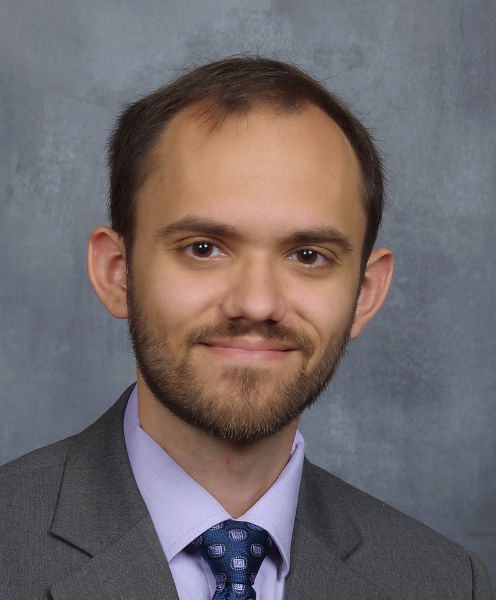Published: 07/23/2020
Within Stanford’s immense network, researchers, innovators, and clinicians can be found collaborating on projects in global health all over campus, reaching across schools and department lines, and blurring the borders between fields. For residents, this network presents a world of opportunity. We created the Global Health Residency Track to bring all of these opportunities together into one program, giving residents a doorway to Stanford’s many offerings in global health.
Stanford’s Global Health Internal Medicine Residency Track is a unique program which allows a global health career-oriented resident to get into the field during training and be mentored one-on-one in the research methodology of their chosen field. Stanford’s Center for Innovation in Global Health customizes a program over the three years of training to help medical students work towards a world that values social justice and health equity.
This year we are pleased to welcome 3 new residents. Each of them come to Stanford from backgrounds of diverse experience. They each hold promise for the global health field, and in Stanford tradition, they bring expertise from a variety of fields.

Dr. Brian Erik Dawes earned his undergraduate degree in molecular and cellular biology at the University of Illinois and his MD/PhD at the University of Texas Medical Branch. He completed his PhD research in the Galveston National Lab with extensive training in biosafety and biocontainment while working in high containment BSL3 and BSL4 labs. His dissertation research studied the effects of emerging encephalitic viruses on neural cells and how the immune responses in these cells affects viral replication. He also assessed the use of the antiviral compound favipiravir against Nipah virus. In addition to his research, Brian has contributed to Nipah virus and Zika virus vaccine development pipeline analyses for the WHO. He remains committed to studying emerging viruses and developing effective countermeasures such as vaccines and antivirals. He is especially interested in working with populations directly effected by these diseases and ensuring equitable, ethical, and timely access to approved and experimental countermeasures.
Dr. Jassi Pannu is a graduate of McGill University and Stanford School of Medicine. Her interest in global and planetary health has led her to work in academic sustainability, at Google Health, and at Oxford’s Future of Humanity Institute. Currently, alongside her clinical work she helps run the Stanford Climate and Health group (SCH) and the Stanford Existential Risks Initiative (SERI), as well as the COVID-19 Elective, a new online course featured in the Wall Street Journal.

Dr. Andrew Enslen’s faith lies at the center of his life and at the heart of his desire to be an ingredient in the alleviation of suffering—it has motivated much of his work over the years. Andrew is the founder of a non-profit that washes the feet of individuals affected by homelessness and helped direct a homeless & refugee outreach program after college, managing the UCSD Student-Run Free Clinic as a member of the UCSD PRIME-Health Equity program in medical school. He recieved a Master’s degree in quantitative methods at Harvard with a concentration in infectious disease and epidemiology. Andrew feels fortunate to work with underserved communities on a number of continents over the years, and hopes to continue to practice medicine within these settings on a full-time basis following residency and fellowship.